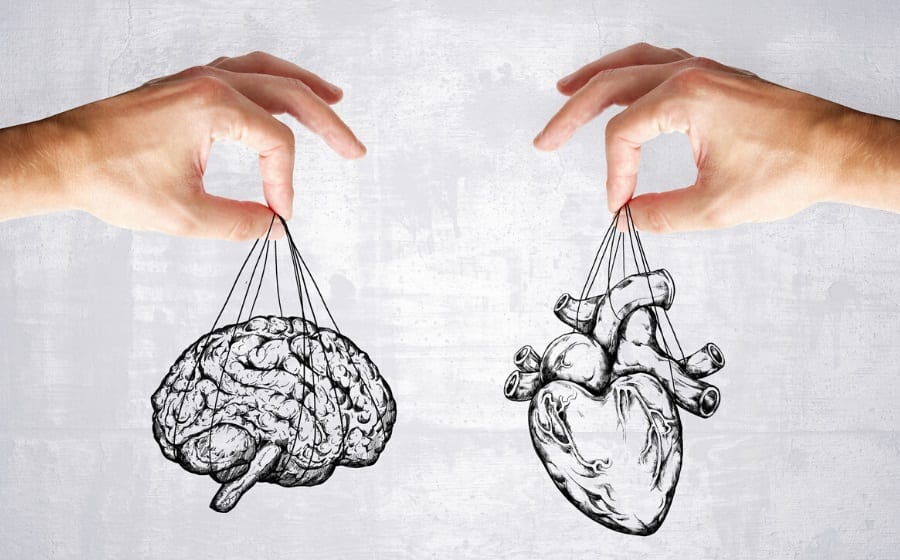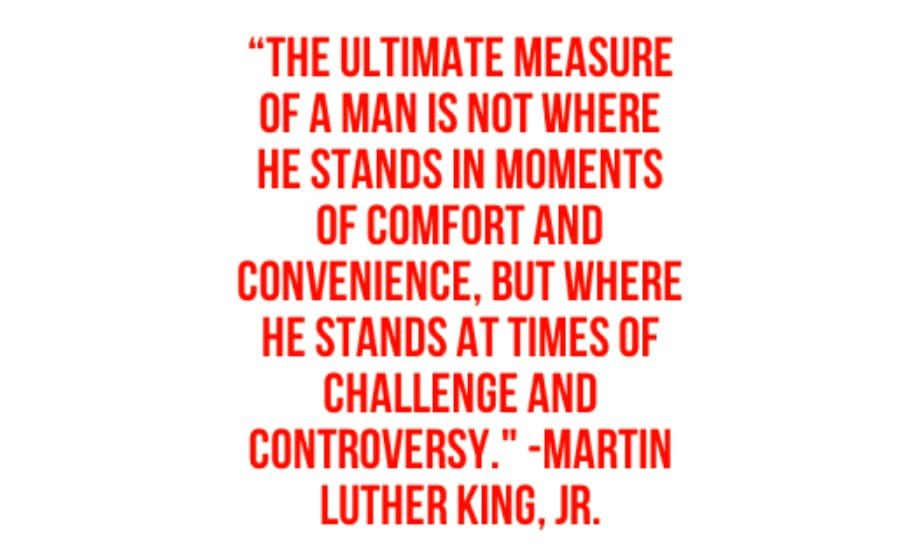
We all know and agree that post the Corona Virus lockdown, life will change for all of us in some shape or form. What will redefine our new “normal”? Likewise, some things won’t change after COVID 19. One of those is human emotion. I’m talking specifically about how people feel, respond and engage in the work place.
The test of true leadership
Generally, leadership is not tested when times are good. Our real colours come to the fore under stressful and trying times. During this historic event, business leaders have been called upon to make extremely tough and challenging decisions choices that will fundamentally change the lives of their staff and the future of their organisations. Many have had to
- retrench people,
- reduce salaries,
- negotiate new working hours,
- combine roles that increase the workload of already burdened and stressed employees,
- accelerate learning for staff members forced to take on new responsibilities,
- interact with new technology and
- help people navigate through tasks and work they may never have done before.
While all of these measures are crucial, we need to remember there will be a time when we return to the workplace, a time when Covid Virus is a not too pleasant memory and preparing for the new client presentation is at the forefront of our attention. What will your staff remember about how you handled things during this period? How will the aftereffects hinder engagement and credibility in leaders and towards the entire organisation? Will these side-effects have a negative impact on the organisation’s culture when we get back to some semblance of normality?

Leadership and Service: the same thing
My experience of having trained people for over 2 decades is that most of us are reasonable when we are treated reasonably, with compassion and dignity.
Most employees understand the difficulties that organisations are currently experiencing. Often, decisions leaders are forced to make are not always within their control. In many cases they are survival tactics and have to be made. But, how we communicate, engage with and leave people feeling is entirely in our control. If there is one thing that The Corona Virus has brought to the fore, it is the need for human dignity and compassion for all.
In 6 to 12 months, we will be operating again, we will be engaging with customers, marketing our companies, recruiting new staff. Let’s ensure that anyone in our business, be they staff, landlords, 3rd party providers, temp labour, is handled with the utmost respect and care. Aside from the obvious that this is the right way to behave, there are some sound business reason why this approach works too.

“Some things won’t change after COVID 19. One of those is human emotion. I’m talking specifically about how people feel, respond and engage in the work place.”
Tough times allow us to practise and role model real service
Those who are treated poorly, in particular, become bad-will ambassadors for brands and businesses alike. For the most part, bad news travels fast and those at the receiving end relate their bad experiences to at least 27 other people sometimes more. In fact, having trained service for many, many years, I’ve realised that if leaders approached their staff with the same care and hospitality as they approach clients, the workplace would be a more inspiring and engaging place to be Fridays wouldn’t necessarily be Friyays and Mondays may have less of a negative connotation.
Think about the future of your brand and your own reputation
It’s a small world. We never know where people will be in the future. As an example, as a very young facilitator, I rememer being treated extremely badly in a job interview. I left utterly humiliated. Several years later, the very same organisation approached me wanting to run service training in our organisation. I put aside my own emotional reaction and focused on being a grown-up about it. After much thought, I realised my issue was so much about a personal vendetta. How could a company that could treat potential employees so poorly have the self-awareness, empathy and emotional intelligence to teach our staff to effectively engage with and leave customers feeling good? Of course, they didn’t run the workshops.

The organisation is watching you
People talk just visit any company’s smoking corner and water cooler. Likewise, they watch from the side-lines and make up their own minds. Employees are smarter than companies often give credit for. For those who stay on, witnessing others being treated badly isn’¢t easily forgotten. The remainers may appear engaged because they are fearful of being next or anxious about finding a new job. This is not an ideal situation. We know that people don’t operate well like this and their emotional well being, ability to innovate, motivation and engagement are all impacted.
So, while we make these decisions, interact with our people, still try to manage our own lives and quell our own anxiety, here are some self-coaching questions to reflect on that may help guide your choices.

Coaching questions leaders can reflect on
Compassion and humanity
- Firstly, when I communicate, am I authentic, is my humanity evident? Am I connecting to their humanity? Do I have sufficient trust and respect deposits with this person for them to buy into what I am saying?
- Regardless of the decision, does every employee (those who are staying and those leaving), their dignity and humanity intact?
- Can I rest easy knowing the conversation with each individual was handled humanely and with compassion? How do I know?
- Here is a great article on communication during tough times.
Communication
- Who can identify the best way of communicating key changes? Should I send an email ideal for this? Would a one on one phone call better? Is there a way I can communicate this in a more personal way and as a senior leader can I email a personal message (yes it may take time but it may well be worth it!)? Can I hand-write a letter?
- How do we communicate and engage with those employees who are staying? Is our communication authentic, honest and humane?
- What is it they need from me? Who needs a little more from me in this situation?
- What will enable them to process what is happening more effectively? How can I help dissipate some of the negative emotion through what and how I choose to communicate?
- What words would describe how I am showing up? What words am I using when I speak to my staff? Am I allowing my vulnerability to show so it makes it ok for them to show theirs? Take a look at this Brene Brown video on the power of vulnerability.
Developing staff
- How can I set my staff up for success when I request them to do new tasks or acquire new skills? How do I ensure they have the means and ability to tackle the task confidently and effectively?
- Am I able to have good coaching conversations and can I use this to fast track their skills? What is a reasonable time frame for acquiring new skills and taking on responsibilities? Have I communicated this?
- Have I empowered people as I should?
Regaining trust
- What is the best way to regain trust and focus? What will enable my staff to quickly get back on track and re-engage with our company vision/mission/values in a real way?
- How must I show up to support them through this?
- What am I doing to keep myself in check and manage my own emotional wellbeing?
To summarize, some things won’t change after COVID 19. We can’t ever stop human emotion and how people feel, respond and engage in the work place. As you go about leading in this challenging time, take a moment to reflect on the decisions you make today and how you execute them. In the words of Mrati Luther king, “The ultimate measure of a man (leader) is not where he/she stands in moments of comfort, but where he/she stands at times of challenge and controversy.” Be the leader you’d want to follow.

How can we support you?
We know that some things won’t change after Covid 19. One of those is our service to our clients.
Thinck offers a variety of services to assist leaders and organisations. Whether it’s:
- one on one leadership conversations,
- virtual training,
- e learning courses,
- leadership workshops to skill your managers up to coach and have the challenging conversations or hosting workshops post COVID19 to re-engage and re align teams
We understand the challenges related to budget in the current economy therefore we are offering a Corona Virus Leadership Hack special. Book two days of consulting or training with us before end April and only pay for 1. Booking are valid until 31 December 2020.
Furthermore, we are offering an amazing price of R980 excl. vat on all basic INSIGHTS profiles during April. Book, pay now and access your profiles when you are ready for a debrief.
Contact us for more information at hello@thinck.co.za or visit our website.

